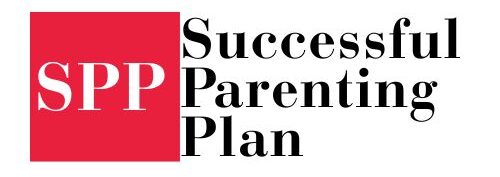Join on WhatsApp
Get the latest updates directly on WhatsApp – motivation, news & more!
South Africa’s Grant in Aid (GIA) is one of those quiet but vital lifelines in the country’s welfare network. Administered by the South African Social Security Agency (SASSA), it provides an extra layer of financial support for people who are already receiving a disability grant or war veterans grant but require full-time care because of severe physical or mental health conditions.
For October 2025, the Grant in Aid remains set at R560 per month, distributed directly to eligible beneficiaries. While it may seem like a small sum, for many households caring for vulnerable family members, it makes a tangible difference in meeting medical, caregiving, and daily living expenses.
R560 SASSA Grant in Aid – Key Details
Here’s a quick snapshot of the benefit:
| Feature | Details |
|---|---|
| Program | SASSA Grant in Aid |
| Authority | South African Social Security Agency (SASSA) |
| Country | South Africa |
| Monthly Amount | R560 |
| Beneficiaries | Adults receiving disability or war veteran’s grants who require permanent care |
| Payment Mode | Cash, direct bank deposit, or via institutions |
| Frequency | Monthly |
| Website | gov.za |
Who Qualifies for the R560 Grant in Aid?
Eligibility isn’t automatic—only specific groups can receive the top-up:
- You must already be receiving a disability grant or war veterans grant.
- You must require full-time care from another person due to severe mental or physical disability.
- If you are being cared for in a state institution, you cannot claim this benefit (as the government already provides care there).
This structure ensures that the grant is reserved for people in family or community settings who need continuous support.
How the Payments Work
The R560 per month is paid alongside your primary SASSA grant. Payments are made in three main ways:
- Cash payments at approved pay points.
- Direct deposit into your bank or Postbank account (the preferred and fastest method).
- Institutional payments where SASSA pays an authorized institution administering care.
SASSA updates its official payment calendar each month so beneficiaries can know exactly when funds will be available. For October 2025, payments will follow the usual monthly cycle.
Benefits of the Grant in Aid
This top-up might not sound like much, but it’s targeted to cover care-related costs. Beneficiaries typically use the funds for:
- Hiring or supporting a caregiver
- Medical supplies and transport to clinics
- Food and daily living needs for the person being cared for
- Supplementing household budgets stretched thin by full-time care responsibilities
Latest Update – October 2025
According to the latest notice from the Department of Social Development, the R560 Grant in Aid amount remains unchanged for October 2025. Payments continue on the standard SASSA schedule, with no need for fresh applications if you’re already receiving it. For new claimants, however, eligibility must be assessed by SASSA with supporting medical proof.
Quick Reference Table
| Aspect | Information |
|---|---|
| Monthly Amount | R560 |
| Who Gets It | Disability/war veteran grant recipients needing full-time care |
| Exclusion | Those already cared for in state institutions |
| Payment Options | Cash, bank deposit, institutional payments |
| Next Payment | October 2025 (exact date per SASSA schedule) |
Wrapping Up
The R560 SASSA Grant in Aid is modest but meaningful. It recognizes the hidden costs of caregiving and helps families managing the burden of disability or illness. For October 2025, payments are confirmed, and beneficiaries can expect funds to be deposited on their usual date.
For the most up-to-date payment details, South Africans should always refer directly to the official government portal or SASSA announcements rather than relying on third-party sources.
FAQs
Do I need to reapply every year for the Grant in Aid?
No. Once approved, payments continue monthly as long as you remain eligible.
How do I prove I need full-time care?
A medical assessment and official confirmation from a healthcare professional are required when applying.

